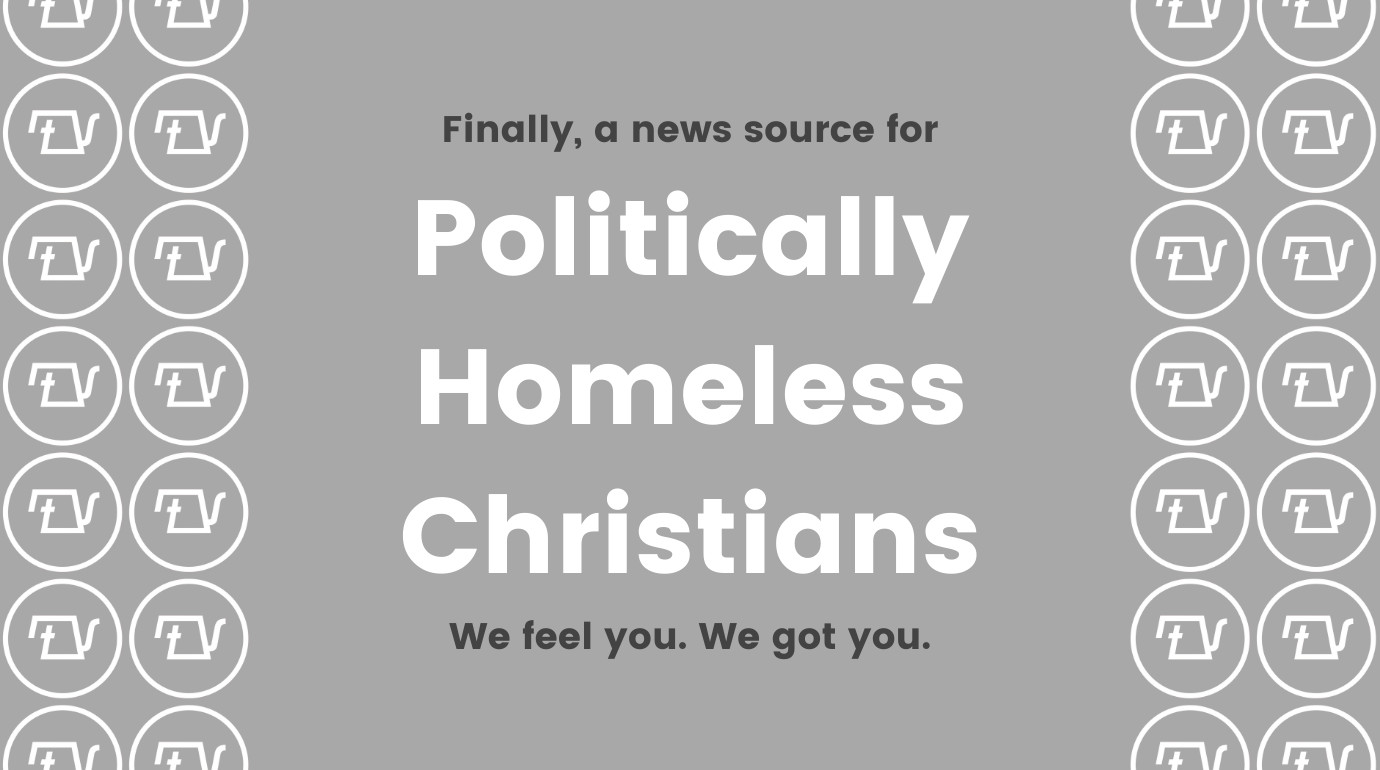4. Paradoxically,
the shadow parts of us that we hide from the world are treasures God wants
to use to make us holy and whole.
We reflexively hide the
shadow, the part of us we often pretend is not there, behind the persona.
The persona is the mask we put on in polite company. The more dazzling the
mask, the deeper and darker the shadow.
There are nefarious and
devious aspects to the shadow, but it would be overly simplistic to call it
“bad.” Carl Jung viewed the shadow as a veritable treasure trove, that we
should sell everything in order to discover its riches. Paradoxically, the
very things we hate and hide are the sources of our wholeness.
The shadow side is full of
things we shoved into the dark corners of ourselves to minimize the risks
of embarrassment and rejection. But many people arrive at midlife and
realize they are just a sliver of who they could be, and the rest of them
is still stuffed in the basement, eagerly awaiting integration.
We take a serious risk when
we refuse to explore the shadow. When we refuse, the shadow rules us. It
becomes more visceral and animalistic the longer we deprive it of attention
and love. The result of ignoring the shadow mimics what happens when
someone is locked away, isolated, and starved for connection. The longer a
person exists in that condition, the more unpredictable and frightening
they become. The things we resist persist and gain ferocity if we do not
give them attention.
To be clear, this is very
different from navel gazing. Doing the inner work is not selfish, but an
opportunity to regain ourselves. When we become more fully ourselves, we
actually have a self to give away to others. Pursuing the path of greater
self-awareness is more beneficial to us and to others than Christian
service driven by a compulsive "need to be needed." When we serve
with a need to be needed, we use others to heal our deeper emotional
wounds: a need for recognition or admiration, to prove that we are competent,
useful, or good. Our giving turns into taking if we do not learn to
patiently observe ourselves and gain a deeper awareness of how our
deprivations motivate us. As we walk along the path with Jesus, he gently
shows us areas of drivenness and deprivation masquerading as acts of
service or sagacity.
Religious people are
especially susceptible to the shadow. Setting our sights on high ideals can
lead us to toil after virtue. We can become tempted to conjure up an
acceptable Christlike persona, but doing so risks blinding us to a deeply
un-Christlike shadow beneath our glittery displays. The more we feel we
have arrived—that we are officially like Jesus—the less likely we are to be
aware of our shadow operating behind the veil of consciousness. The more we
feed that mask, the more we project our shadow onto others and see their
deficiencies (really, our own) and the ways we think they need to be helped
(which are really the areas in which we need help).
To begin discovering your shadow, ask yourself what traits in others stir
up your self-righteousness? What draws your fiercest ire and most reactive
judgements? What receives your adulation? In life’s forks in the road, big
or small, tune in to the inner debates and really listen to what both sides
are saying. The shadow is sometimes that voice that feels foreign and like
it is trying to trip us up, but bad decisions are more likely when we
disregard the shadow than when we hear it out. We can also get glimpses of
the shadow in our Freudian slips, the kinds of jokes we make, and our
dreams. Feelings of guilt often cloud our experiences with the shadow,
because we are going against ways of thinking, feeling, and acting that we
are socially conditioned to consider “proper.” Deviating from these norms
is full of guilt, oftentimes because it is different rather than immoral.
We can see that in someone who routinely stuffs his anger and then feels
guilty when he starts trying to express it, or in the workaholic who
struggles to enjoy a vacation, or in a caring person who feels guilty for
asking for what she needs. Guilt is a healthy sign that you are social, but
a paralyzing, neurotic guilt prevents us from tolerating the ambiguities of
being a messy, in-process human being. It will probably feel strange or even
“wrong,” but this is the work of integration and becoming an
individual.
Ultimately, integration of
the shadow begins when we acknowledge there is a great deal more to us and
this world than we know, and that even the shadowy unknown parts of us can
become familiar friends, renewed for our good and the good of others.
|




No comments:
Post a Comment